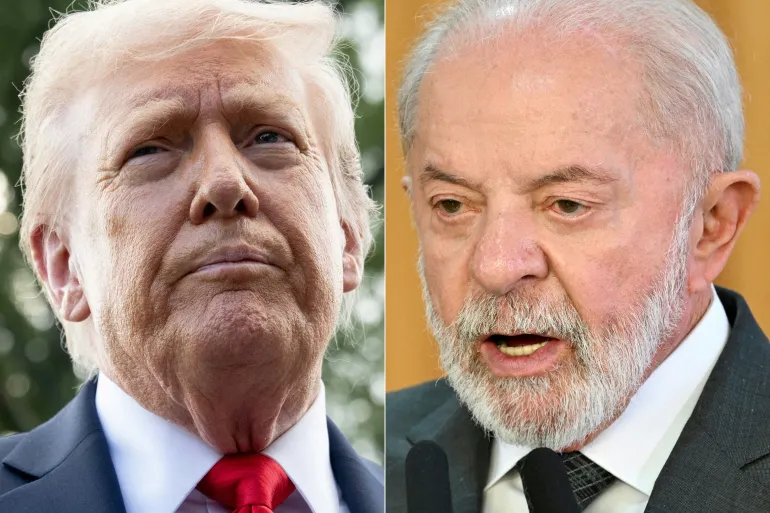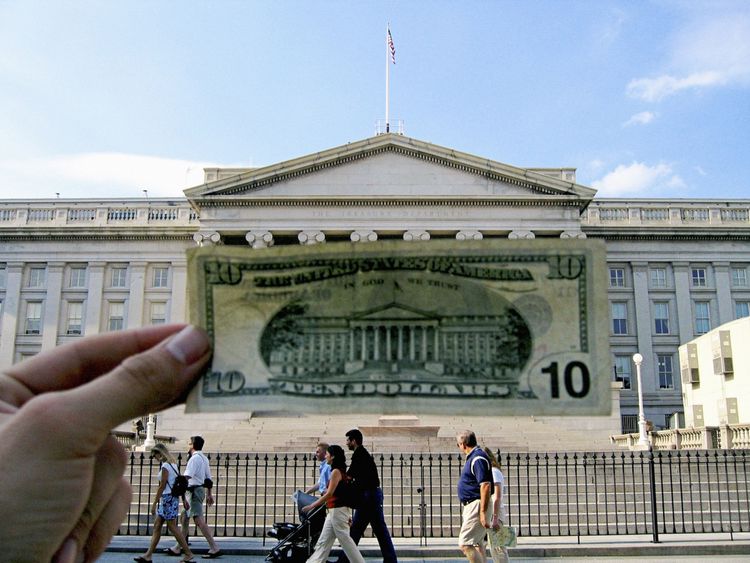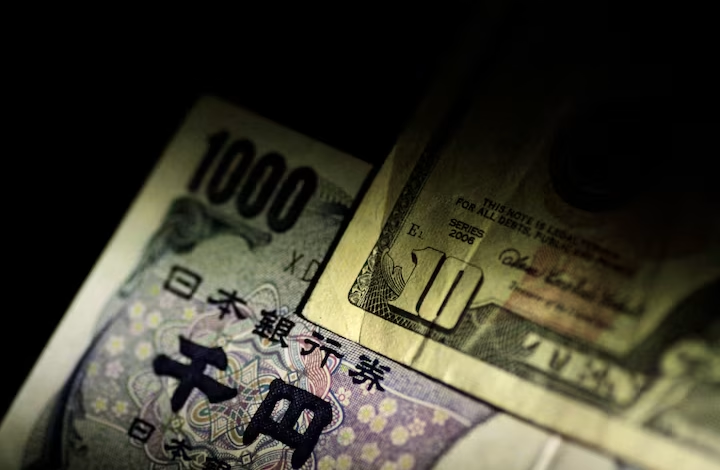Surprise is the word doing the damage — and the lifting — this morning. Fresh political twists in Japan and France sent shockwaves through currencies, bonds and equities, while US traders looked past the noise and leaned into a soft-landing, AI-fueled narrative. By 7:00 a.m. ET, S&P 500 futures were up 0.39% at 6,790.5 and Nasdaq 100 futures rose 0.63% to 25,149. The 10-year Treasury yield nudged up to 4.154%, gold firmed 1.44% to $3,942.50, and bitcoin climbed 1.03% to $124,021.55.
Tokyo lit the fuse. A weekend leadership upset vaulted Sanae Takaichi — an unapologetically pro-stimulus conservative — into pole position to become Japan’s first female prime minister. Equities cheered and the yen buckled. The dollar punched up to roughly ¥150.35, the yen’s biggest one-day slide in five months, and the euro hit its strongest level against the yen since the single currency was born. Investors quickly rewired their macro assumptions: more fiscal firepower, a Bank of Japan that can afford to be patient, and a higher bar for near-term rate hikes. Long JGBs slumped, with the 40-year yield jumping toward 3.538% and the 10-year touching its highest since 2008. Traders who spent September gaming a BOJ move are now asking how far Takaichi will go with an Abenomics-lite playbook — and whether bond buyers will demand a fatter risk premium to stick around.
Paris, meanwhile, went the other way. Prime Minister Sébastien Lecornu resigned less than a month into the job, detonating yet another round of political uncertainty for President Emmanuel Macron. The CAC 40 fell about 1.5%, 10-year French yields climbed to roughly 3.6%, and France’s spread over German Bunds widened toward 89 basis points, the most since late 2024. You can argue chronic instability made some kind of shakeup likely; markets still felt blindsided, and the price action said so. Macron now faces an unappetizing menu: name a new prime minister and cabinet, call snap elections, or test investors’ nerves while insisting he won’t resign.
Stateside, investors kept their eyes on profits, policy and planes. Fed-funds futures implied around a mid-90s percent chance of a rate cut in October, giving growth stocks a tailwind even as long yields crept higher. The government shutdown saga trudged on toward yet another Senate vote to fund operations through Nov. 21, with federal unions seeking court protection against mass firings. Industrial headlines helped the mood: Boeing told suppliers 737 Max output could climb to roughly 42 jets a month as soon as October, a signal that management believes it’s regaining control of the factory floor and smoothing relations with regulators.
Commodities added their own subplot. Brent crude pushed back above $65 after OPEC+ approved only a modest production increase, less than many feared. European oil majors ticked higher at the open as traders recalibrated spare capacity assumptions. In the haven lane, gold sprinted to fresh records before easing, and bitcoin hovered near its own highs as investors reached for assets perceived to sit outside the traditional policy orbit.
If there’s a through-line, it’s that politics is driving cross-asset dispersion. Japan’s surprise points to looser fiscal policy, a more dovish BOJ path and a softer yen that props up exporters; France’s churn raises fiscal risk and weakens the euro’s case for relief. The US sits between those poles, buoyed by a resilient earnings story and the prospect of easier Fed policy, even as Washington’s budget theatrics test patience.
The next moves hinge on cabinet signals from Tokyo and succession clarity in Paris. Until then, the trade looks like this: reward growth where policy winds are at your back, price more risk where budgets and ballots blur the outlook, and keep an eye on havens in case today’s surprises turn into tomorrow’s trend.
With input from Reuters, the Wall Street Journal, and Bloomberg.










The latest news in your social feeds
Subscribe to our social media platforms to stay tuned